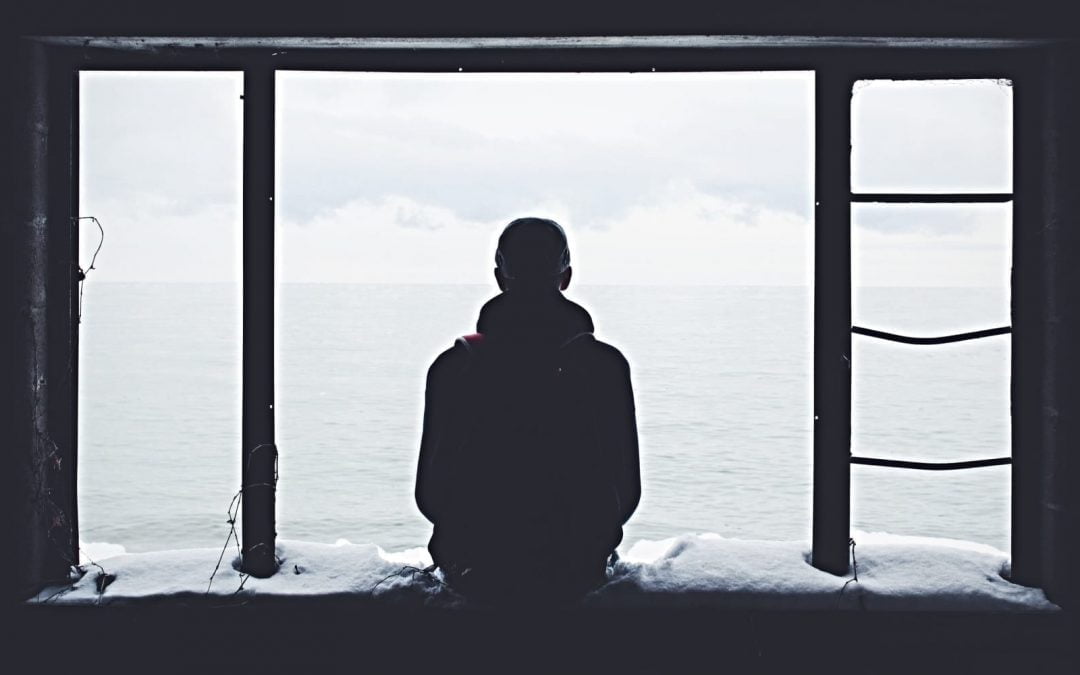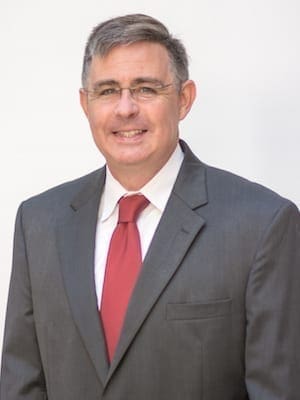Nearly half of U.S. adults feel lonely.
That was a key finding in a survey published in May 2018 and reported on by the Atlanta Journal-Constitution.
Surveying 20,000 people with 20 questions, researchers calculated a “loneliness score” from 20 to 80. Those scoring 43 and above were considered lonely.
Young adults born between the mid-1990s and the early 2000s had the highest scores.
I can relate. There have been seasons in my life, one especially around my early 20s, when I was intensely lonely.
I left college to attend seminary, which some refer to as cemetery. I had lived in a large house with lots of other guys, lots of noise and parties and people stopping by. It wasn’t very different from the life I lived before college.
I was always on the go, meeting people, being a part of this or that organization, all really important stuff (in my mind). But I had never really learned to be by myself.
Seminary was like leaving New York City to go and live in the desert. Actually, it was in Louisville, Kentucky. But as far as relationships go, the first months were brutal.
I have never felt that alone. I thought I would find a joyful, dynamic atmosphere. You know, the blessed-life-of-God stuff?
What I found was a bunch of people who usually kept to their rooms or quickly rushed home after classes. There was a surprising amount of disagreement and suspicion.
The campus was frosty long before the first snow, which only made people stay indoors more. One night I had my first and only true anxiety attack.
The silence was overwhelming. For as long as I could remember, I had pushed back loneliness and despair through busyness and endless social events. Now, I was shaking.
I had nowhere to go, no friends. This was before Netflix and cell phones and social media.
What was really happening was that all of the ways that I had avoided the central questions of who I was and what I believed and why was there so much pain in the world came crashing down.
In the silence, everything peripheral that I had used to extend my personality and justify my existence started falling apart.
It felt like death, and it was. It was the death of who I thought I was. I could no longer play the games that once worked. I had to begin to know myself, and it was terrifying.
I know I’m not alone here. Just about all of us play the games – career climbing, educational degrees to prop us up, ambition – elaborate, socially approved mechanisms of avoidance.
The poet and philosopher David Whyte says that especially for those who experience a fierce loss, such as the death of a parent, friend or, God forbid, a child, then “human beings have every right to say, ‘Listen, God. If this is how you play the game, I’m not playing the game. I’m not playing by your rules. I’m going to manufacture my own little game, and I’m not going to come out of it. I’m going to make my own little bubble. And I’m going to draw up the rules. And I’m not coming out to this frontier again. I don’t want to. I want to create insulation. I want to create distance.’”
Many people never understand or admit that’s what they do. But in a highly populated world, our self-imposed patterns often lead to loneliness.
America is in an existential crisis, and the symptoms are loneliness and anxiety.
Nearly 250 years into the American experiment, we’re still trying to discover who we are. Or remember who we are and who we want to be.
We’re surrounded by people but alone. Why? That’s a meta-question with no simple answer.
A better question might be this: What can you do about your loneliness?
One thing you can do is check your life. Journal about your loneliness. What do you suspect keeps you isolated?
The Atlanta Journal-Constitution article offered this interesting insight: People who often feel lonely don’t have good balance in their lives. They exercise too much or exercise too little. They spend too much time with family or not enough. They sleep too much or too little.
Developing healthy habits that help you feel good about yourself contributes to your relationships.
The second thing you can do is prioritize face-to-face relationships.
I noticed some time ago that when I spend too much time on Facebook, the worse I feel about life, and the farther I get from actual people.
Each week, find ways to connect face to face, even if you don’t feel like it. You don’t have to harass others or overcomplicate your relationships, but make face-to-face interactions a priority.
Make yourself reach out even if you don’t feel like it, and over time you won’t have to make yourself.
The third thing you can do is practice vulnerability.
Given the way life is, with its suffering and beauty and loss so close together, will you let the real you show up? Will you live vulnerably, which is your true state?
Be real in your conversations. Don’t be afraid to speak your truth in love. It’s not weakness to admit your weakness. Only vulnerable people truly live the whole-hearted, connected life.
Some of the first words from the mouth of God were “it’s not good for people to be alone.”
Find balance, reach out, be vulnerable.
You don’t have to be alone. You are not alone.
Editor’s note: A version of this article first appeared on McDougal’s website. It is used with permission.
Brent McDougal is senior pastor of First Baptist Church in Knoxville, Tennessee.


